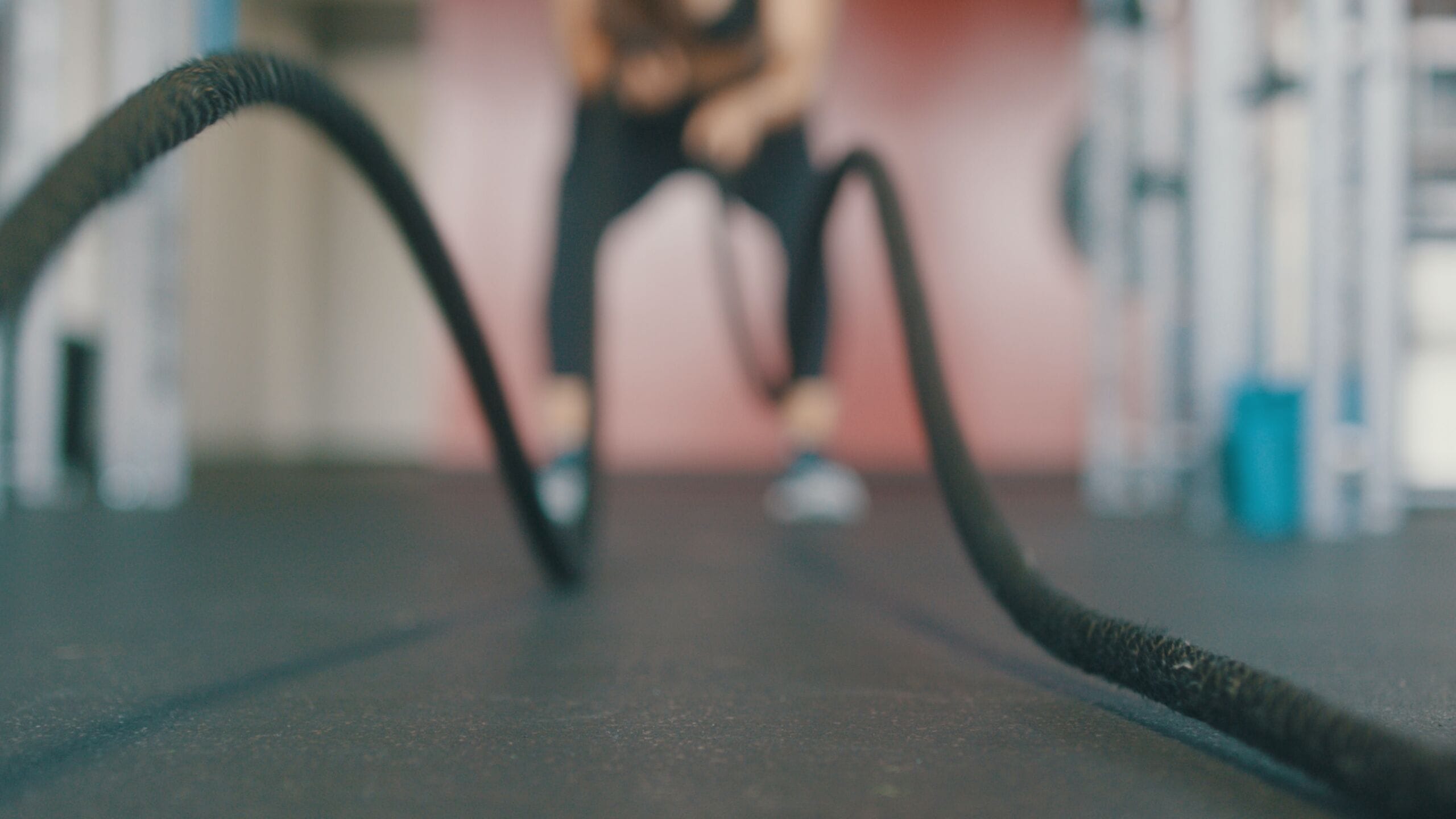Muscle building nutritional supplement: With supplements for a toned body
People already absorb many important nutrients through their diet. These help to maintain bodily functions and can also support muscle building. However, it is supplements that make the difference. This article shows why dietary supplements play such an important role in muscle building and which supplements athletes should take.
The role of supplements in muscle building
Supplements or dietary supplements – there are many terms for them. However, they always mean one and the same thing: a supplement to everyday nutrition. They are intended to replenish the body with missing nutrients and provide it with what it has difficulty obtaining through diet. The function of food supplements is therefore to close gaps and prevent deficiency symptoms.
Athletes have a particularly high need for nutrients. People who exercise intensively need different nutrients than those who exercise less. There are also nutritional supplements that are perfect for helping to build muscle. Regardless of whether you have been bodybuilding for a long time or are a beginner when it comes to fitness – nutritional supplements can help to strengthen the body.
This is because the body needs special nutrients for muscle growth. Depending on the training goal, the requirement may be higher or lower. The advantage of a supplement is that it is easy to dose. This allows athletes to adjust the dose to their goals.


Top nutritional supplements for muscle building: These supplements really help
If you’re looking for nutritional supplements to build muscle, you’ve come to the right place. We have compiled the most important forms of supplementation to give you an overview of the most important supplements for muscle building. They all fulfil different functions in the body. But they all have one thing in common: they are designed to supplement your diet and help your muscles grow.
Muscles through whey protein
Whey protein is absolutely classic. It is obtained from milk protein and therefore contains numerous amino acids. It also has a high BCAA content, which is explained in more detail below. Whey protein offers another advantage: the protein is quickly available to the body and can therefore effectively lead to great results.
The protein powder is best used as a shake after strength training. It replenishes strength reserves and supports regeneration. It also supports strength and muscle building. But what is the best way to dose whey protein powder? It is best to use 30 g of powder per shake. The drink can be mixed with milk or water – depending on how many calories you want to consume.
Better training effects with BCAAs
The so-called BCAAs have already been mentioned. But what are they actually? They are proteins that no longer need to be metabolised by the liver. They are also known as branched-chain amino acids. They are immediately available to the body and therefore also to the muscles. This makes them the ideal dietary supplement during and after training.
The ingredients isoleucine, leucine and valine stimulate portal protein synthesis in the body. BCAAs therefore have a major influence on muscle building. They not only ensure that muscles are formed. They also protect muscle mass and ensure that you lose less muscle during a diet.

Creatine dietary supplement
Creatine is also helpful. The body’s own substance is stored in the muscles and supplies them with energy. However, those on a low-meat, vegetarian or vegan diet may risk a decrease in the creatine stores in the muscles.
It is therefore important for some athletes to take creatine as a dietary supplement. It is best used during intensive training phases. Creatine also makes sense during rest periods, as it helps to maintain the muscles.
But be careful: too much creatine can lead to water retention. Experts recommend a dosage of 0.1 g per kilogramme of body weight per day.
The importance of omega-3 fatty acids in sport
Some fats must be taken in through the diet, as the body is not able to produce them itself. These are known as essential fatty acids, which include both omega-6 and omega-3 fatty acids. But what is fat actually good for in sport?
Omega 3 is there to fight inflammation in the human body. Injuries can certainly occur during intensive sport: Muscles, tendons, joints and blood vessels are strained to such an extent that inflammation can occur.
Every athlete knows how important regeneration is after intensive training. This is where omega-3 fatty acids come into play. They support the regeneration process. In addition, the cell walls become more supple and flexible so that other nutrients can be transported through the body more easily. And last but not least, omega-3 fatty acids can reduce stress. As physical stress is commonplace during sport, appropriate supplements are very helpful.
Vitamin D and C: important supplements in sport
Vitamin D and vitamin C are among the absolute basics in sport. Vitamin C is responsible for a variety of processes in the human organism:
It promotes the absorption of calcium from the gastrointestinal tract.
Vitamin D supports bone hardening.
The vitamin is necessary for performance, muscle strength and immune function .
As all these functions are essential for athletes, it is not surprising that more and more professional athletes are turning to vitamin D as a dietary supplement. However, it is best to consult a doctor before taking it. After all, strictly speaking, vitamin D is not a vitamin at all, but a hormone. As the body can, in principle, produce it itself through sunlight, some people’s requirements are met, while others are not.
Vitamin C has the task of protecting the body from free radicals. However, athletes rarely suffer from a vitamin deficiency. You should therefore always consider carefully whether it makes sense to take it at all. In many cases, it is not absolutely necessary to improve performance.
The ingredients of pre-workout boosters
Many athletes also swear by their pre-workout boosters. These are a mix of nutritional supplements that help to increase strength, performance and energy before the actual training. They also promote blood circulation and focus.
These pre-workout boosters contain
BCAAs
Citrulline or L-citrulline
Guarana or green tea extract
Taurine
Creatine
Glutamine
L-tyrosine
Beta-alanine
Citrulline, for example, optimally supplies the muscles with nutrients and oxygen. It also boosts performance during training and ensures faster regeneration afterwards. Caffeine stimulates the central nervous system and maximises concentration and alertness.
Beta-alanine is a dietary supplement that delays hyperacidity in the muscles. And taurine is said to contribute to cell protection . L-tyrosine is an amino acid that increases alertness and focus.
L-carnitine is also popular. This amino acid helps against free radicals and protects against muscle damage. L-carnitine can also be taken in the form of a dietary supplement and does not have to come in a ready-made pre-workout booster.
Important information on taking nutritional supplements to build muscle
Dietary supplements can be an excellent way to improve muscle building through training. However, athletes should always bear in mind that they are supplements. Supplements should therefore never replace a healthy and balanced diet. This would not only be fatal for training results, but also for the overall health of the body.
Athletes should also pay attention to the quality of food supplements. There are numerous supplements on the market – as supplements are often called – and not all of them are suitable for building muscle.
At Kingnature you will find natural food supplements that rely on the power of nature and support the body in all its functions. The products are manufactured in our own production facility in Switzerland. This guarantees high quality. These food supplements complement the diet in a positive way!
Conclusion: nutritional supplements for muscle building make all the difference
Dietary supplements can lead to even better training results. They are extremely popular in fitness sports and are considered healthy. Nevertheless, athletes should consider a few factors before taking supplements. The quality and effect of food supplements play a particularly important role. A balanced diet should also not be neglected. It is also important to keep an eye on the dosage and only take the substances that you really need.

